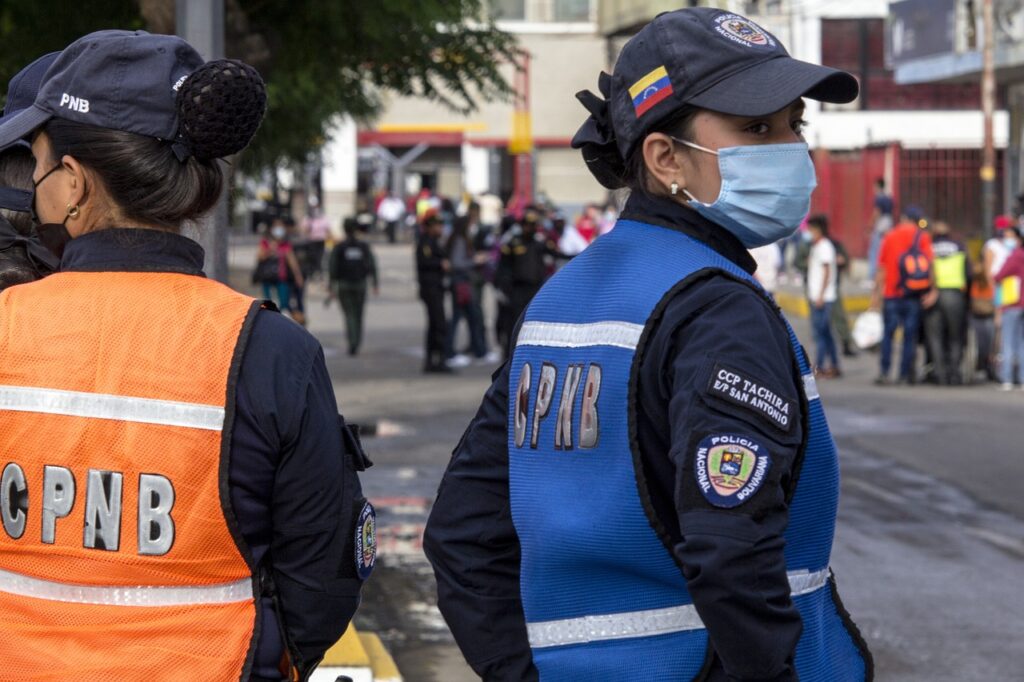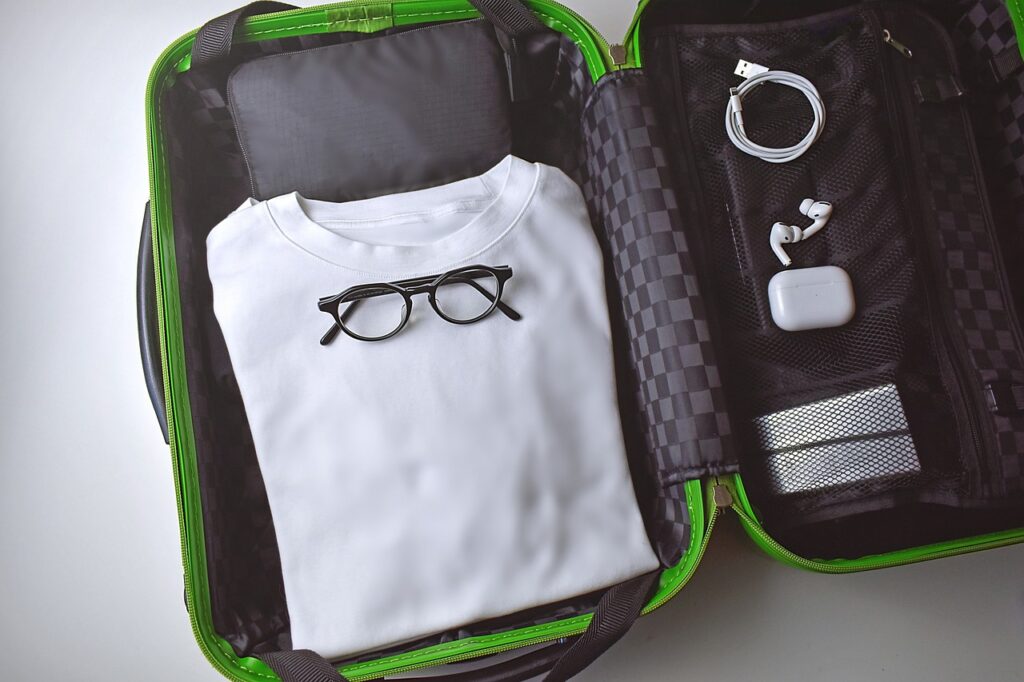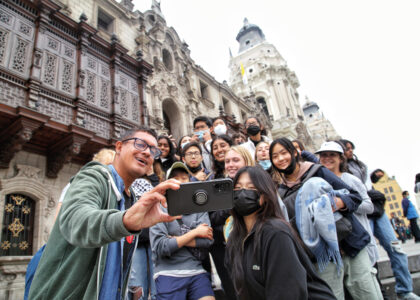Exploring new places is an adventure filled with learning and excitement. As thrilling as these experiences can be, it’s important to remember that staying safe is key to enjoying your travels fully. That’s where travel safety tips for students come into play. These tips are not just advice—they are essential tools to ensure you have a worry-free experience, letting you focus on the fun and educational aspects of your journey.

Understanding the Risks When Traveling
When students travel, they can become excellent targets for scammers and those looking to take advantage of tourists. Unfortunately, it’s a reality that in bustling tourist spots or unfamiliar territories, young travelers might face situations where people try to trick them into paying too much for goods. It is also a possibility that they may fall prey to more sophisticated scams. That’s why one of the most valuable travel safety tips for students is staying aware and informed.
Being aware of the common types of scams and fraudulent activities can significantly reduce the risk of being taken advantage of. Awareness means knowing that not everyone you meet has good intentions and that most deals that seem too good to be true probably are. This knowledge empowers students to make smarter choices, ask the right questions, and get help when something doesn’t feel right, ensuring their travel experience remains positive, enriching, and, most importantly – safe.

Knowing Local Laws and Customs
Understanding local laws and customs is vital for students traveling abroad to avoid unintentional offenses. It’s important to research and respect the cultural norms and legal rules of any destination. This might include dress codes, social behaviors, or photography restrictions. Being informed and respectful ensures a smooth trip and deepens the travel experience, allowing for authentic cultural immersion. Tips for respectful engagement include learning basic phrases in the local language, understanding appropriate gestures, and following local guidelines for interaction.

Travel Safety Tips for Students to Protect Your Belongings
Keeping your important items secure while traveling is very important. A smart strategy is to use anti-theft bags or clothing with hidden compartments for your passport, money, and other valuables. These items are designed to outsmart pickpockets and keep your belongings safe. It’s also wise to make copies of important documents and store them separately from the originals. Being cautious and using these protective measures can make a big difference in ensuring your travel experiences are both enjoyable and worry-free.

Staying Safe in a Digital World
In today’s connected world, keeping your digital information safe while traveling is as essential as protecting your physical belongings. Always connect to the internet via secure Wi-Fi networks to prevent unauthorized access to your personal data. Be cautious about public Wi-Fi hotspots; using a VPN (Virtual Private Network) can add an extra layer of security.
Additionally, ensure that your devices are password-protected, and be mindful of the information you share online. Regularly backing up important data ensures that you won’t lose everything if a device is lost or stolen. These steps are vital for safeguarding your digital life and maintaining your privacy while on the go.

Taking Appropriate Health and Safety Measures
To stay healthy during travel, it’s crucial to be up-to-date with vaccinations and practice food safety by choosing clean eating places and drinking safe water. Being prepared for emergencies means knowing local emergency numbers and having a basic first-aid kit. Making a plan includes identifying healthcare facilities at your destination and having health insurance that covers you abroad.

Creating Your Travel Safety Network
It is always important that both the people back home and the people you are traveling with know where you are and what you are doing. It’s not just about giving them a heads-up; it’s about making sure there’s someone who knows where you are if things don’t go as planned. Think of it as having a safety net. If you end up in a pickle, whether you’ve lost your way or need some help ASAP, your safety crew knows where you are and can help get things sorted out.
Now, let’s talk about tech. There are a lot of apps out there designed to keep you connected and safe. With these apps, you can share your location in real-time with people you trust, hit an SOS button if you’re in a jam, and even get the 411 on the safest routes and spots to check out. It’s not about sticking to your phone the whole trip, but more like having a backup plan. By mixing smart tech with your own smarts, you’re setting up for an epic and safe trip. Remember, being prepared doesn’t mean you’re expecting things to go wrong; it means you’re ready to keep your adventure on track, no matter what road bumps you might encounter.
Engaged Education’s Travel Safety Tips for Students
Traveling with Engaged Education offers a secure and enriching experience, emphasizing the importance of travel safety tips for students to ensure a fun and safe journey. Engaged Education is dedicated to creating a safe environment for students to explore and learn, incorporating comprehensive safety measures and guidelines. By prioritizing safety, you can spend your time focusing on all the educational and cultural experiences available at your fingertips.
Unlock the secrets to safe and exciting educational travels with Engaged Education! Take a look at our brochure for all the essential travel safety tips for students and discover the unique adventures waiting for you. Don’t wait—grab your guide to embarking on your next journey with confidence and peace of mind. Download now and take the first step towards a safe and unforgettable educational experience!






